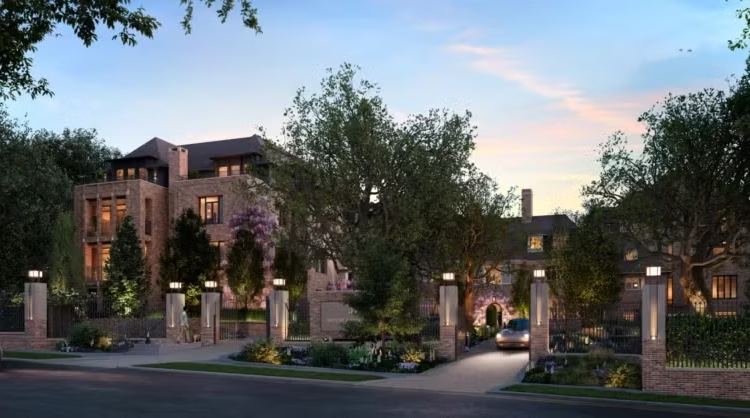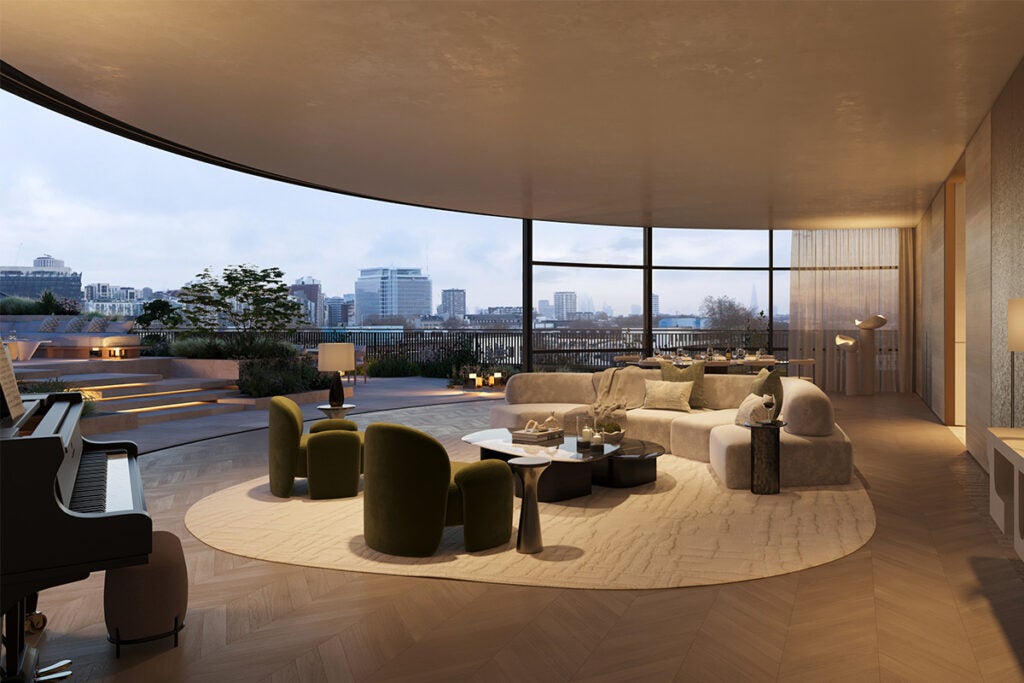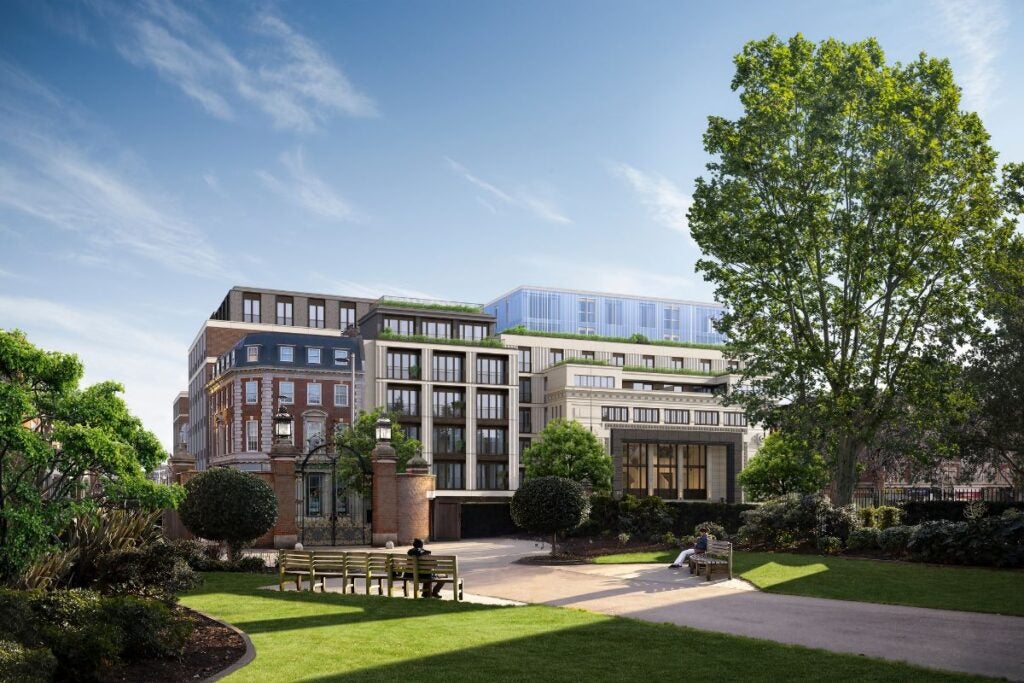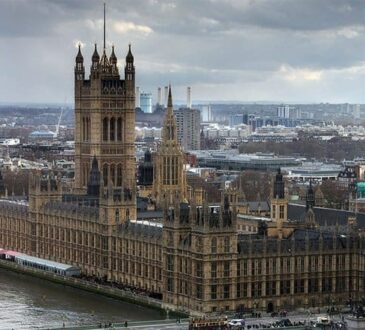

Buy-to-let became a popular real estate play in the UK, particularly when interest on mortgage repayments could still be written off against rental income for tax purposes. The strategy has become less popular since then-chancellor George Osborne began to change the relevant tax legislation in 2017.
But now a more recent tax policy change has prompted a new real estate ploy: ‘buy-to-leave’.
According to super-prime property experts, many former non-doms and other wealthy individuals who have chosen to ‘leave’ the country are selling their homes. Research published this summer by Beauchamp Estates found that around 70 per cent of sellers of £15 million-plus homes in London this year were non-doms moving to destinations such as Dubai, Milan and Monaco.
[See also: The Spear’s Tax & Trust Indices 2025]
However, industry observers say, many are also buying other properties in the UK to meet their changing requirements.
‘While [the type of people who would previously have been non-doms] may no longer move here on a full-time basis and base their families here, London’s appeal as a global city remains strong,’ CEO of property developer Valouran, Alex Michelin, told Spear’s.
Many wealthy people who are no longer resident in the UK are still expected to spend a significant amount of time in the country, with their intention often being to remain under the 90-day threshold that would trigger additional tax liabilities.
As a result, the top end of the property market has changed. ‘A lot of non-domiciled buyers are shifting the type of properties they purchase, rather than not purchasing at all,’ said Michelin. In particular, turnkey apartments in central London with concierge services have become more popular relative to large houses and country estates. ‘[W]hile demand for larger homes among this cohort has softened, interest in smaller properties – particularly apartments with round-the-clock security and state-of-the-art amenities – remains robust,’ Michelin said.

In at least one case, departing UHNWs previously resident in the UK have even been prompted to purchase property in this country for the first time. Tom Clabburn, sales director at high-end developer Lodha, said that one family who purchased a property at the company’s new Holland Park Gate development had lived in the UK for several years in a high-value rented home. Having been UK residents, they were now ‘leaving’ the country, but wished to retain a foothold. Their purchase in the Holland Park Gate development would be the first time they had owned a home in the UK.
[See also: How high earners can reduce their UK tax bill in 2025]
‘People are leaving the UK, and probably in higher numbers than widely reported and acknowledged’ Clabburn said. ‘But we now know that most of those leaving aren’t selling. And some leavers – particularly those who have been renting in the UK – are buying before they leave.’ He also noted that ‘ownership is very important for leavers’ sense of stability.’
The last three apartments sold at Holland Park Gate, mostly turnkey, family-friendly units, were purchased by people relocating abroad, Clabburn said.
He added that ‘relocation is temporary for many’ and that lots of former non-doms ‘intend to come back to London as much as the tax rules allow’ and ‘intend to return full time’.
[See also: The Roaring Twenties: Why London is in a ‘golden decade’ for super-prime property]
‘Families are buying the London home so that their children can use the property. Their children will spend more time in the UK than them, for instance for university and visiting friends, so the UK base serves the whole family.’
‘It may seem paradoxical that some non-doms are buying in London for the first time as they leave the UK tax net, but it is happening,’ partner at law firm Fladgate, Simon Chadowitz told Spear’s.

He explained that ‘for many, it makes sense’, as they aim to secure iconic properties in schemes such as the redevelopment of the Whiteley on Queensway while they still can, and that the properties will serve as a home away from home during the up-to-90-days they can spend in the UK. Keeping a toehold in London also allows them to keep ‘the door open for future policy shifts and the return they all want,’ Chadowitz added.
[See also: Overseas unease for Americans and Farage’s Reform UK woos non-doms]
Michelin believes the shift toward smaller turnkey properties with modern amenities, particularly apartments with round-the-clock security, ‘can be attributed to the flexibility these properties offer, enabling owners to still fly in to London and enjoy all that this great city offers but with the convenience and security of being able to lock the door and not worry when they depart.’
Michelin’s firm, Valouran, recently unveiled a new development close to Hampstead Heath, Bishops Avenue Gardens. The 36-unit scheme includes residences priced from £2.5 million (1,300 sq ft) up to around £9 million for a 3,500 sq ft penthouse. It is not expected to be completed until 2027, but has already registered its first sale – a £4.5m apartment, which fits the profile of the properties sought by many departing non-doms.

Though large purpose-built developments such as Bishops Avenue Gardens have their own security in place, owners of other types of properties have become conscious of the need to secure them if they are to be left unoccupied for long periods. Security expert Shires Crichton of Amba Defence told Spear’s that ‘the focus has moved beyond traditional security measures towards intelligent, connected protection.’
[See also: What UHNWs can learn about home security from £10 million London mansion heist]
This often involves creating bespoke security systems that integrate CCTV, access control, intruder detection, perimeter protection, and physical on-site presence.
‘Our clients seek quiet assurance,’ Crichton said, ‘that their homes are not only secure, but meticulously maintained and ready for immediate occupancy whenever required.’
Earlier this year, Henley & Partners predicted a ‘millionaire exodus’ from the UK, estimating 16,500 millionaires would leave in 2025. While the report’s methodology has been questioned, Companies House filings analysed by the Financial Times show that between last year’s October Budget and July, 3,790 company directors left the UK – a 40 per cent increase on the previous year. Bloomberg analysis of Companies House filings showed that in April of this year, departures of company directors were up 75 per cent as compared to the same month in the previous year.
HMRC has said previously that it will not have official data on how many former non-doms who earn UK income have left until January 2027, when people submit self-assessment tax returns for the 2025-26 tax year.







